6 unique restaurants you have to try in Tokyo
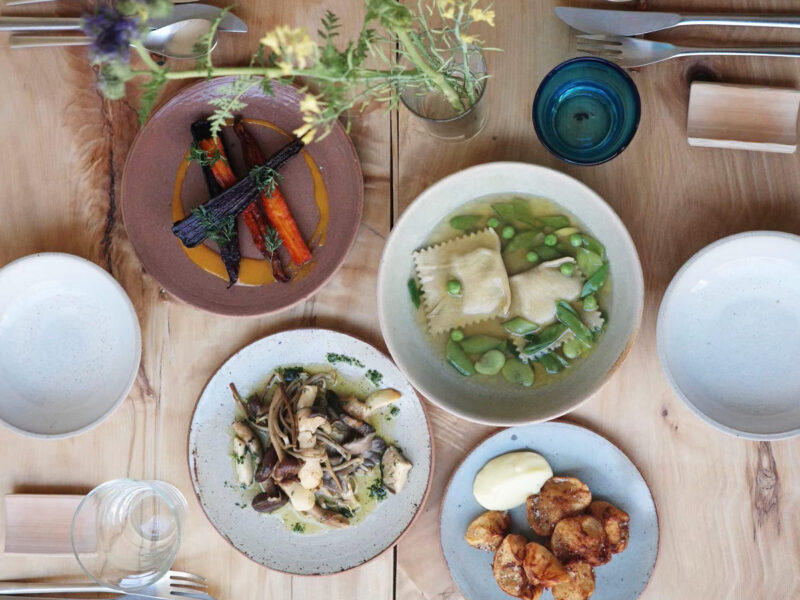
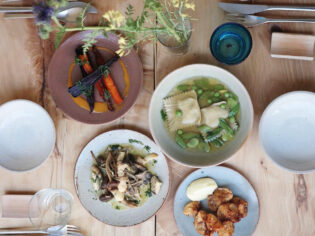
More than one vegetarian restaurant in Tokyo proves that a change in the face of its culinary scene isn't compromising on flavour.
| THIS ARTICLE WAS CREATED IN PARTNERSHIP WITH TOKYO CONVENTION & VISITORS BUREAU |
Consider this your sign to book a trip eating your way around Tokyo, even if you’re vegetarian.
Tokyo isn’t exactly famous for its vegetarian offerings, but beyond the veil of yakitori stands and sushi bars lies a vibrant vegetarian scene that’s as diverse as the city itself. From vegetarian-friendly ramen eateries to avant-garde, plant-based laboratories; Tokyo is changing the face of Japanese cuisine with its characteristic precision and flair. And those who wander into a vegetarian restaurant in Tokyo will see that the city going green doesn’t mean compromising on flavour or experience. Just keep in mind they can be extremely popular, so avoid disappointment by checking the respective websites and calling ahead before you visit.
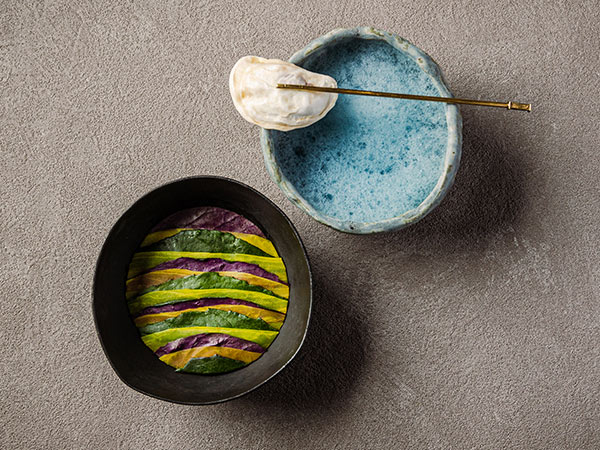
Try unique dishes like sea asparagus, blue spirulina, avocado and kombu.
1. Narisawa
At Narisawa, chef Yoshihiro Narisawa isn’t just cooking; he’s conducting a deep, delicious dialogue with the Japanese landscape. What has been dubbed his ‘innovative Satoyama cuisine’ is an edible meditation on humanity’s relationship with nature, served over an exquisite omakase-style course (meaning the customer leaves the order details up to the chef).
This two-Michelin-starred restaurant was a pioneer in Japan’s farm-to-table movement and was the first from Japan to make it on the World’s 50 Best Restaurants list. Not a bad resume. It will cost you upwards of $540 per person.
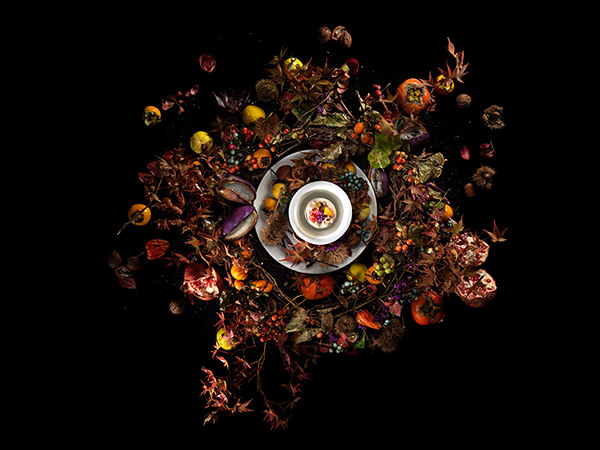
Taste an edible meditation on humanity’s relationship with nature.
2. Seisoka
Japanese cuisine is not only about the food, but also its dishes and the environment you’re dining in. Hidden within the grounds of Tengenji Temple, Seisoka offers more than just a meal — it’s a meditation on the essence of Japanese cuisine. And with the name Seisoka translating to ‘a tranquil space surrounded by lush greenery’, you couldn’t ask for a better spot. Which is why it’s been the go-to place for international artists and art collectors in the know.
The kaiseki menu (a traditional multi-course Japanese dinner), which changes with the seasons, is a celebration of Japan’s agricultural bounty. Based on vegetarian cuisine developed by Zen monks (shojin ryori), meals preserve an ancient culinary tradition and are designed to reflect the ’emotions’ of each season through presentation. Here, even the presentation has meaning. Antique plates and trays are used, some over 100 years old, to reflect on and appreciate imperfection and the passage of time.
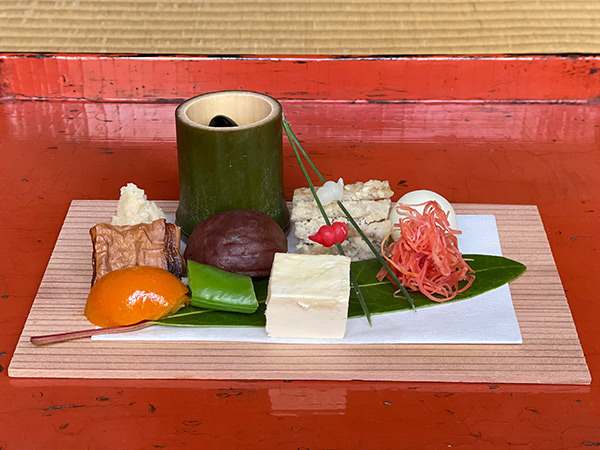
Meditate on a traditional multi-course Japanese dinner.
3. MAZ
Peruvian chef Virgilio Martínez has brought his altitude-defying cuisine (he’s also the man behind the world-renowned Central restaurant in Lima) to sea level in Tokyo. The result is MAZ, another two-Michelin-starred restaurant that treats vegetables with the reverence usually reserved for the rarest of ingredients.
The Vegetable Vertical Gaze course is a “nine-altitude” odyssey that will recalibrate your understanding of what vegetables can be. You might start with a dish inspired by the Pacific coast, journey through the Amazon rainforest, and end up in the high Andes — all through the lens of Japan’s seasonal produce.
Dining at MAZ is a testament to the power of vegetables which, especially when in the hands of a master chef, can be every bit as exciting and luxurious as the finest cuts of meat or the most prized seafood.
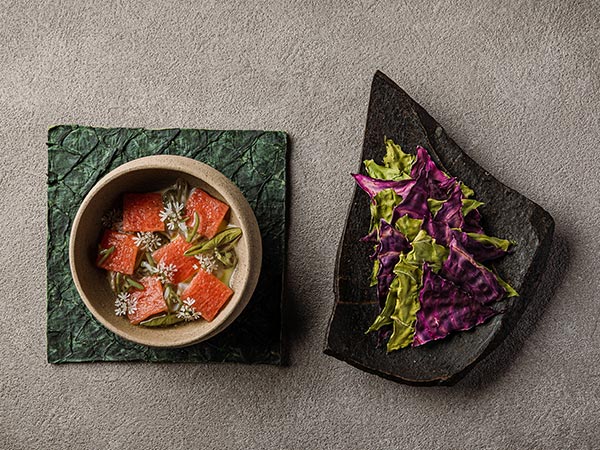
Enjoy the genius of Peruvian chef Virgilio Martínez.
4. Vegan Ramen Uzu
In a country where ramen is hugely popular, Vegan Ramen UZU is proving you don’t need pork to achieve ramen enlightenment. Tucked away in the futuristic playground of teamLab Planets, this Kyoto transplant’s green ambition extends beyond the bowl with its zero waste philosophy (leftover ingredients from the soup are used to create other dishes).
Their signature Vegan MISO Ramen is a masterclass in umami. The broth, a harmonious blend of oat milk and a special miso concoction made with several types of this fermented soybean paste unique to Japan, is topped with an inviting vegetable medley. The noodles, homemade from a blend of Hokkaido wheat and organic whole wheat flour, come medium-thick (perfect for slurping while surrounded by teamLab’s mind-bending digital art).
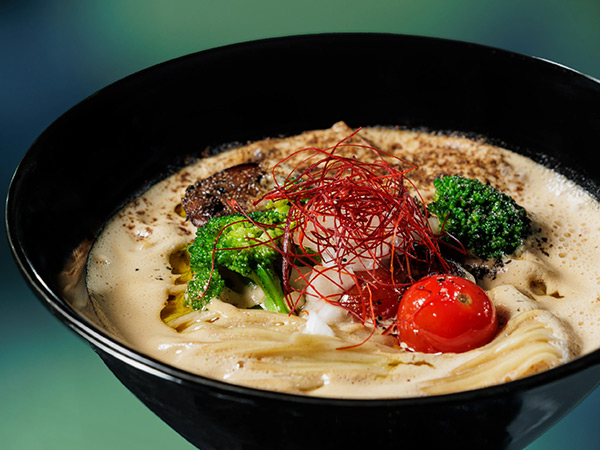
Try the signature Vegan MisoRamen.
5. The Blind Donkey
Named after a Zen parable, The Blind Donkey is where farm-to-table meets Zen philosophy, meets izakaya (stay-drink-place) casual. The menu, which changes with the seasons, is a love letter to Japan’s small-scale farmers and artisanal producers. Think dishes like Nagano Suzaka Kinokomura (sauteed mushrooms with salsa verde) and Kochi Farm Vegiko (grilled eggplant and zucchini with tomato and oregano).
The folks here don’t just know which farm your daikon (a type of radish) came from; they probably know the name of the farmer’s dog too. It’s that kind of place. In a city that often feels like it’s running on neon and nostalgia, The Blind Donkey offers a different kind of energy. One rooted in the land, in seasonality, and in the simple pleasures of well-prepared food. It’s nice to know that even in the heart of one of the world’s largest metropolises, you’re never too far from the farm.
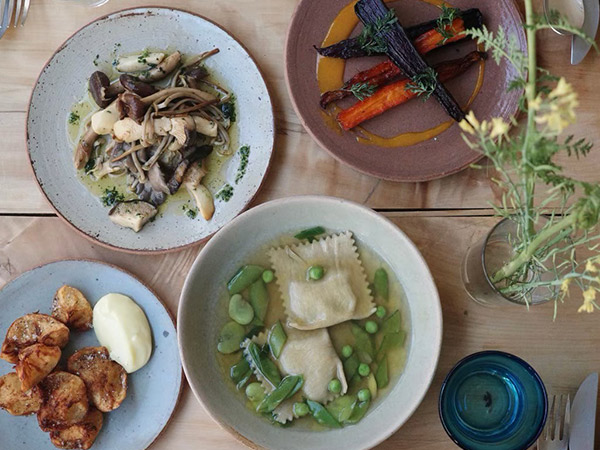
The Blind Donkey is a vegetarian-friendly champion of farm-to-table.
6. Hotel Chinzanso Tokyo
This urban oasis, home to a garden that’s been painstakingly cultivated for centuries, houses several dining venues that are elevating vegetarian cuisine to new heights of luxury.
At Miyuki, the hotel’s Japanese restaurant, vegetarian kaiseki is treated with the same reverence as its meat-based counterparts. A meal here is a journey through the subtleties of plant-based Japanese cuisine, each course a perfectly balanced composition of flavour, texture, and visual artistry.
If you’re looking for more, other restaurants in the hotel also offer amazing vegetarian options – like vegan-friendly Shojin Kaiseki atRyotei Kinsui and vegan (plus gluten-free) Italian cuisine at Il Teatro – and be sure to take a digestive stroll in the garden before you leave. Its beauty is widely loved by Tokyo locals and travellers alike.
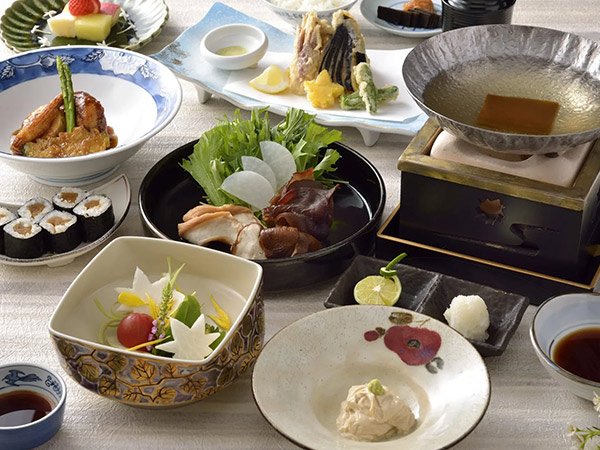
Sit down to a vegetarian feast at Miyuki.
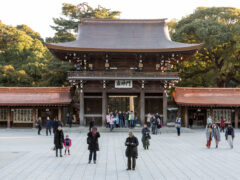
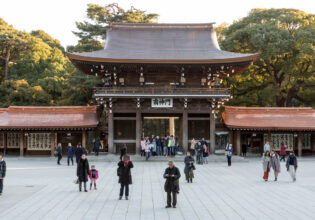
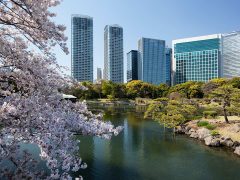
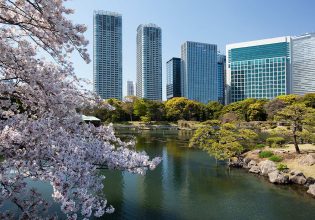
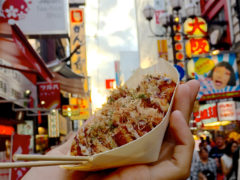
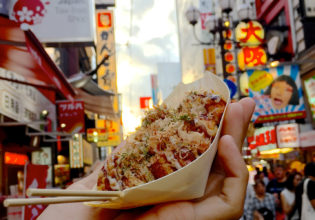


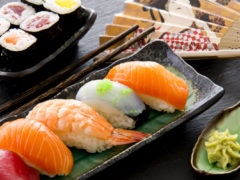
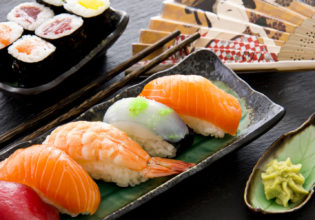
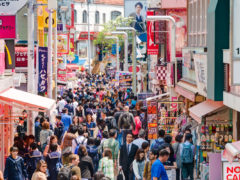
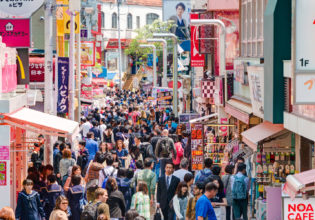


Very helpful interesting info